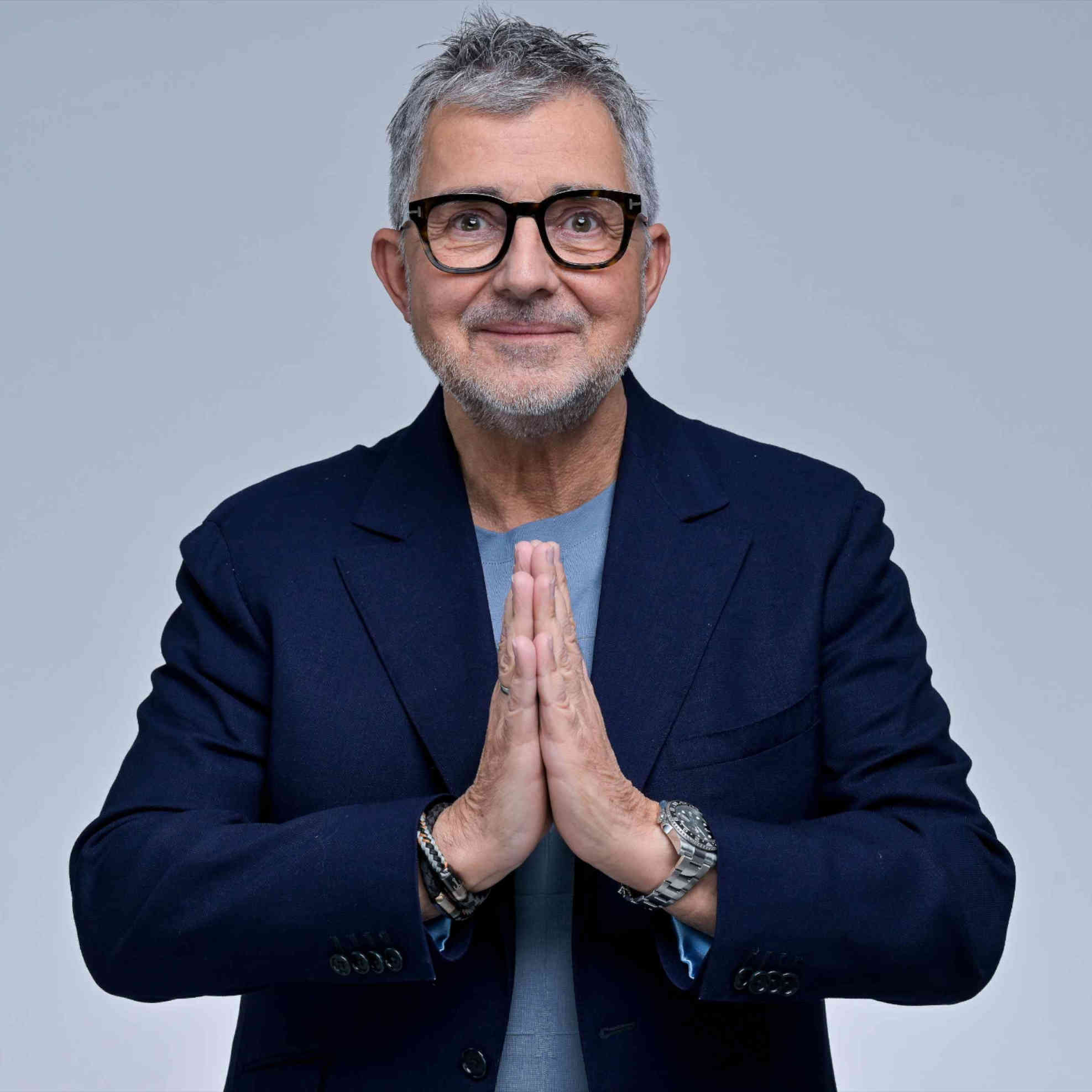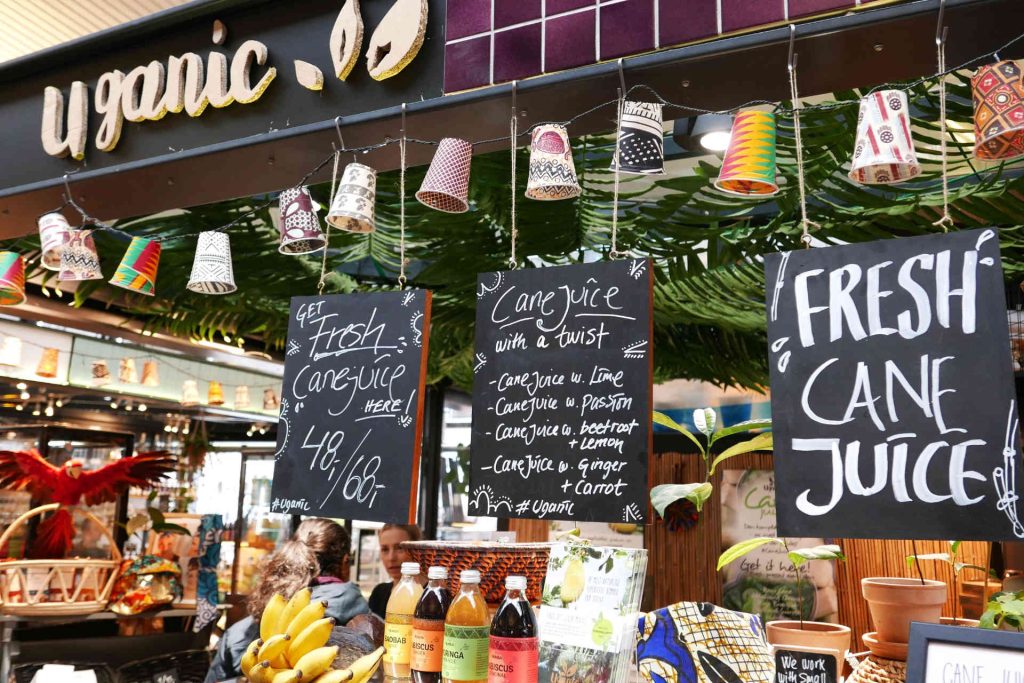
The market for innovative, healthy and functional drinks continues to grow and is becoming increasingly diversified. Non-alcoholic cocktails and non-alcoholic beer remain popular. The espresso martini and drinks with herbs and natural ingredients are also becoming increasingly popular, with mindful drinking also playing a role here.
The trend of mindful drinking is becoming increasingly recognized and more and more bars are offering a variety of creative alcohol-free cocktails. Bars such as The Virgin Mary in Dublin, which only serves alcohol-free drinks, are pioneers in this area. Mixologists use innovative ingredients such as kombucha or shrubs to create new taste experiences. Brands such as Seedlip with its non-alcoholic spirits are expanding rapidly. The Lyre's range enables cocktails such as alcohol-free mojitos or gin and tonics.
In general, beer is increasingly losing relevance, while non-alcoholic beer is growing. Local breweries with craft beers with a regional focus are strengthening their market position. Aperitif culture and spritz variants are on trend, as are the return of long drinks. High-quality teas and juices produced in-house are driving sales and can be sold at high prices due to increased producer prices.
The functional drinks segment is also growing, for example with probiotic shots such as Biotiful Kefir or drinks from brands such as GoodMood (PepsiCo), which provide energy and promote hydration. Functional drinks enriched with adaptogenic ingredients such as ashwagandha or ginseng emphasize the health aspect and appeal to health-conscious consumers in particular. At the same time, water products with additives such as vitamins and electrolytes are becoming increasingly popular.
Another exciting segment is the area of luxury drinks, which impress with their elaborate ingredients and presentation. Bars such as the Connaught in London offer prestige cocktails that are enhanced with hand-carved ice, truffles or even gold. Tequila trends, such as the Clase Azul Tequila Reposado, with a bottle costing around 200 euros, also focus on exclusivity - shots in bars are offered for 15 euros and more.

Las Vegas is known for its long nights, which makes places that do mornings really well all the more important. Between the Strip and downtown, there are a surprising number of spots where breakfast and coffee are not just an afterthought, but are deliberately celebrated. It’s these places that make all the difference: quiet, high-quality, and offering just the right amount of enjoyment before the day gets going.
Fine dining, steak, sushi, Mexican cuisine, and Italian dolce vita – Las Vegas has long been more than just buffets and shows. We sampled some of the city’s most exciting restaurants – from complex Chinese flavors and traditional American steakhouses to Japanese presentation and Mexican sensuality.
Vegan and reduced-sugar desserts that last, shine, and impress guests: Sugar is not the enemy, but it is not the solution either. Modern patisserie thinks ahead—more precisely, more plant-based, more consciously.
Away from the “sugar = taste” reflex, toward texture intelligence, aroma control, and clean technique. Modern patisserie works vegan, reduced-sugar—and often completely without classic table sugar. The matrix, process, and calculation are crucial. About desserts that perform professionally: stable, precise, highly aromatic.


The market for innovative, healthy and functional drinks continues to grow and is becoming increasingly diversified. Non-alcoholic cocktails and non-alcoholic beer remain popular. The espresso martini and drinks with herbs and natural ingredients are also becoming increasingly popular, with mindful drinking also playing a role here.